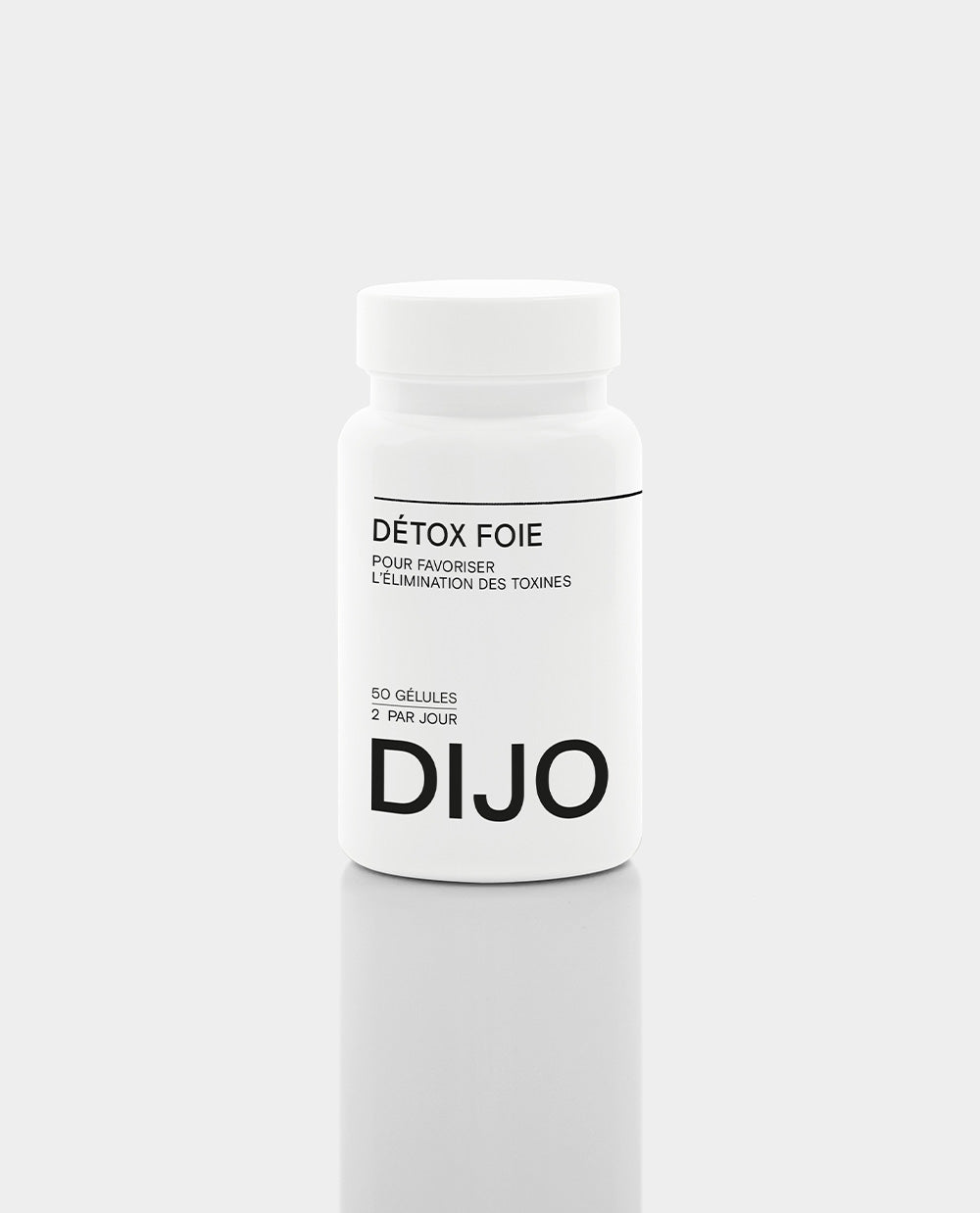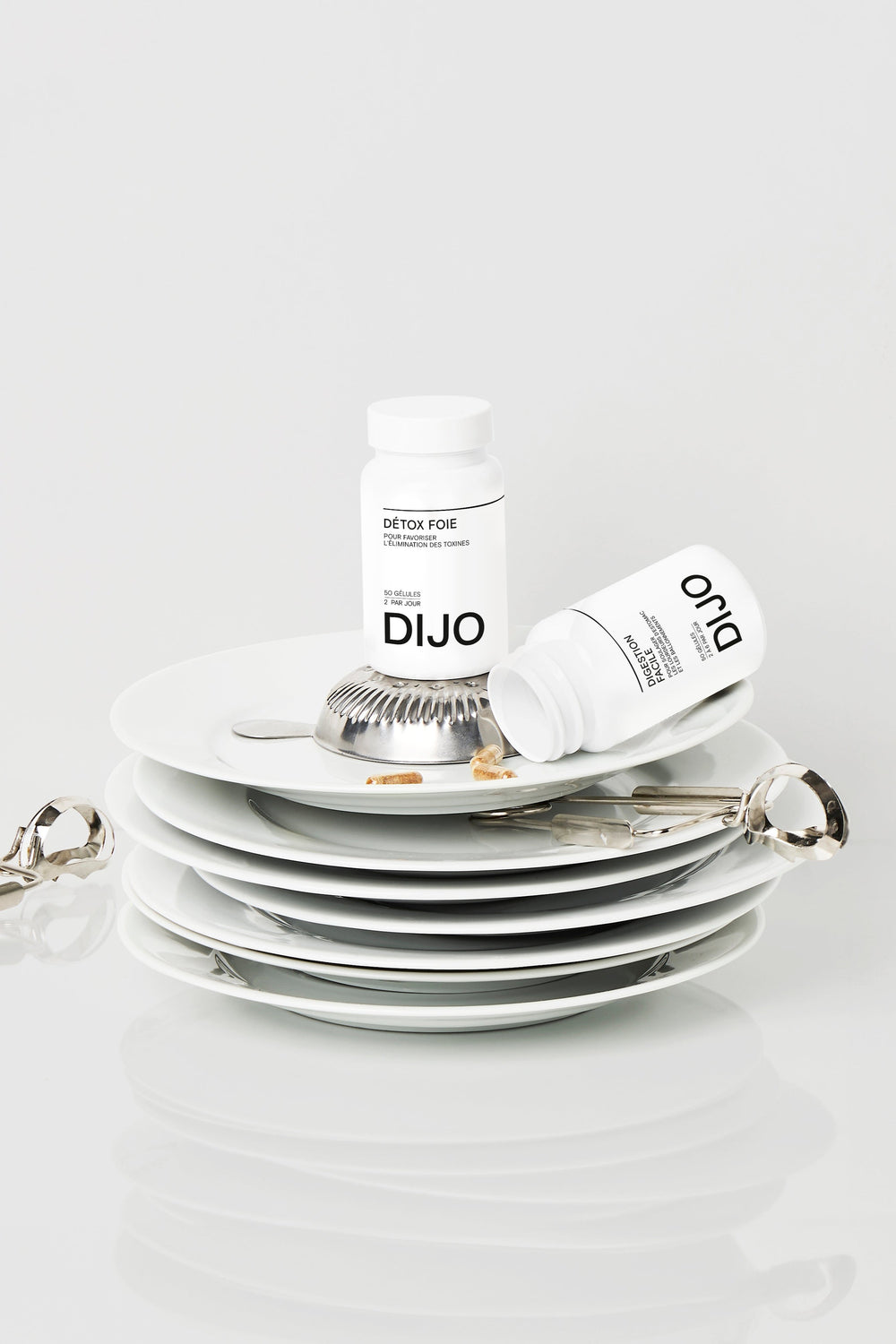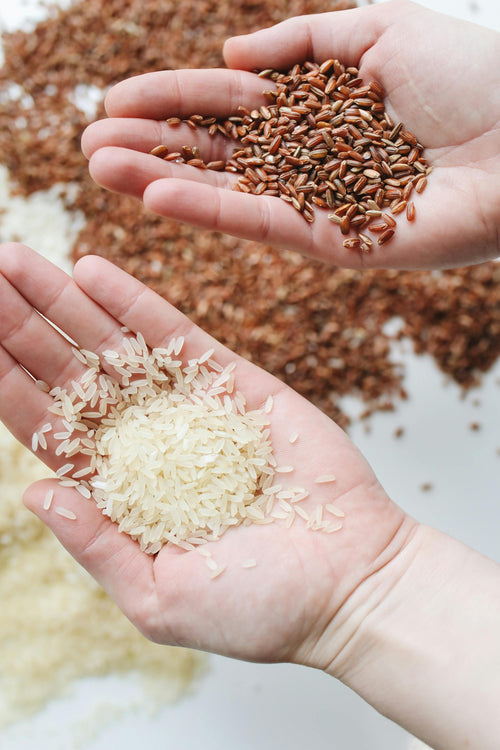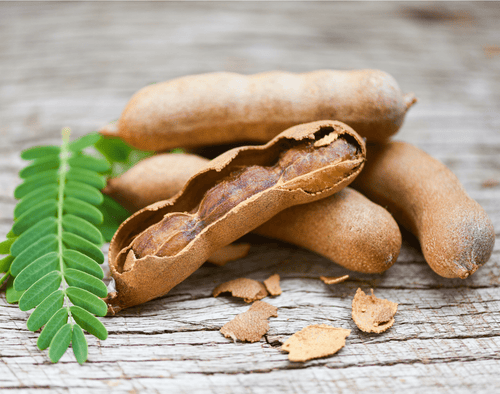What you must remember:
- Rosemary is an aromatic plant commonly used in traditional cooking.
- It is used as a food supplement for its hepatoprotective properties.
- It helps facilitate digestion by promoting proper elimination of toxins.
- It is important to respect the contraindications relating to taking rosemary.
What is Rosemary?
Rosemary rosmarinus officinalis or Salvia rosmarinus is an aromatic shrub native to southern Europe and Asia and particularly to the Mediterranean region. It belongs to the Lamiaceae family. Its floral apices such as the stems, flowers and leaves are used in herbal medicine for their hepatoprotective, digestive and antioxidant properties. It is one of the different plants that facilitate liver cleansing . Indeed, it contains numerous polyphenols, flavonoids and its main active ingredients are carnosic acid, carnosol and rosmarinic acid.
It is also widely used in traditional cooking to flavor meats, sauces, and stuffings but also to flavor certain desserts.
The benefits and virtues of Rosemary
Rosemary and antioxidant and detoxifying properties
Rosemary has powerful antioxidant and anti-inflammatory properties. Indeed, by definition, the presence of polyphenols makes it possible to limit the oxidation of cells, which limits the inconvenience on the body. Taking rosemary therefore leads to a reduction in the production of free radicals and therefore promotes protection of cells, particularly those of the liver . Processes such as lipid peroxidation are therefore inhibited.
All this helps fight against the accumulation of toxins and promote good detoxification of the body, particularly the liver.
Rosemary and digestion
Thanks to the stimulation of biliary and liver functions, rosemary helps facilitate digestion, particularly of fats. This maintains an optimal digestive system to combat the occurrence of digestive disorders such as flatulence and dyspepsia. This helps support the functions of the intestinal microbiota .
Rosemary and the immune system
The active ingredients of rosemary have powerful immunomodulatory and anti-infective benefits. In addition, this plant stimulates the immune system .
In addition, their anti-inflammatory functions make it possible to regulate the body, to fight against the development of infectious agents and the detoxifying properties make it possible to eliminate these pathogens.
Indications and dosage of Rosemary
Taking rosemary in the form of supplements or herbal products is not recommended for pregnant or breastfeeding women and children under 12 years old. It is also contraindicated in people suffering from kidney stones, biliary function disorders, circulatory problems, epilepsy and seizures.
At present, there is no official recommended dosage.
In very large doses, rosemary can cause seizures, vomiting, spasms or even a fatal coma.
Bring Rosemary to your body thanks to DIJO
Rosemary is an integral part of the formulation of our Liver Detox . At DIJO, we are committed to taking care of your overall health. This is why we developed this product with the aim of strengthening and supporting the detoxification functions of the liver and the body. It is an essential product with which to start, to get off on the right foot after excesses or an imbalance or change in lifestyle. It is one of the products making up our Detox Pack , also including the essential probiotics , an essential pack to support the liver while balancing the intestinal flora by providing good bacteria called probiotics .
As part of a balanced lifestyle.
Sources :
[1] Wang, SJ, Chen, Q., Liu, MY, Yu, HY, Xu, JQ, Wu, JQ, Zhang, Y., & Wang, T. (2019). Regulation effects of rosemary (Rosmarinus officinalis Linn.) on hepatic lipid metabolism in OA induced NAFLD rats. Food & function, 10(11), 7356–7365. https://doi.org/10.1039/c9fo01677e
[2] Ghasemzadeh Rahbardar, M., & Hosseinzadeh, H. (2020). Therapeutic effects of rosemary (Rosmarinus officinalis L.) and its active constituents on nervous system disorders. Iranian journal of basic medical sciences, 23(9), 1100–1112. https://doi.org/10.22038/ijbms.2020.45269.10541
[3] Hegazy, AM, Abdel-Azeem, AS, Zeidan, HM, Ibrahim, KS, & Sayed, EE (2018). Hypolipidemic and hepatoprotective activities of rosemary and thyme in gentamicin-treated rats. Human & experimental toxicology, 37(4), 420–430. https://doi.org/10.1177/0960327117710534



















